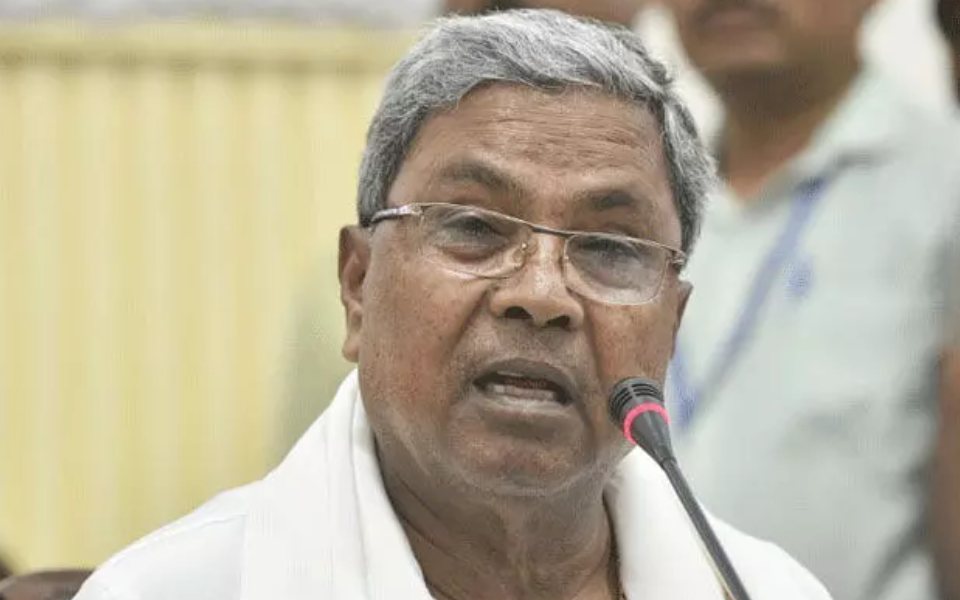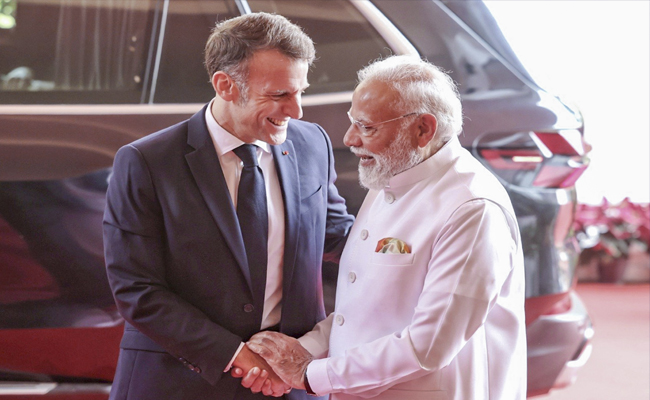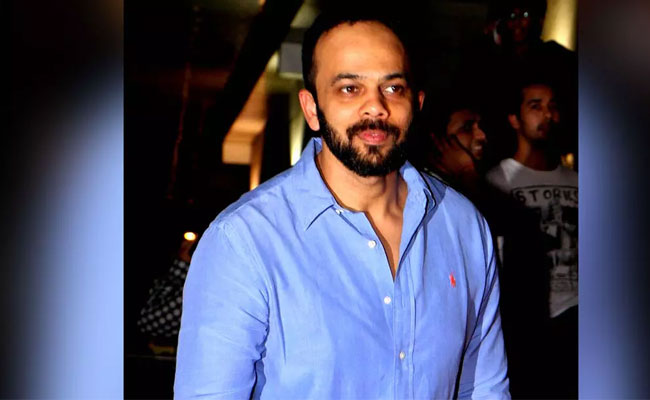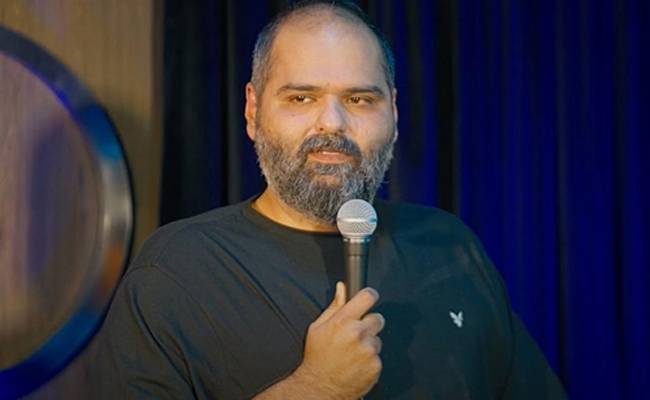Bengaluru, May 1 (PTI): Karnataka Chief Minister Siddaramaiah on Thursday said the Centre decided to conduct caste census keeping Bihar assembly elections in mind.
He said that Centre’s move on caste census was also due to the pressure built by the Congress, especially its former president Rahul Gandhi.
“The hurry in which the BJP led Centre took the decision regarding caste census on Wednesday made me believe that it was done in view of Bihar assembly elections,” Siddaramaiah said addressing a press conference.
The Chief Minister insisted that the 50 per cent ceiling on reservation should be relaxed.
There should be an analysis of the socio-economic and education status of the SC/ST, OBC and minorities and they should be given reservation accordingly, he insisted.
According to him, the verdict mandating 50 per cent ceiling was given in 1992 in the Indra Sawhney case. The division bench of Supreme Court while hearing about the Mandal Commission introduced ceiling on reservation, he explained.
“There were no scientific or constitutional reasons behind the ceiling on reservation but the SC put 50 per cent ceiling,” Siddaramaiah said.
The chief minister said the state government cannot revise the ceiling on the reservation because it is the Centre’s domain. The state government can only recommend to the Centre, he added.
When asked about the fate of the caste census report prepared by the Karnataka government, which was presented before the state cabinet, Siddaramaiah said, “The remaining portion of the report apart from caste census, such as social and educational survey recommendations will be implemented.”
To a question whether he would implement the social and educational survey report even after the Centre’s caste survey report is out, the Chief Minister said the survey report prepared by the Backward Class Commission is still at the discussion level in the government.
“We will discuss it in the cabinet and get the opinions of our ministers. Most likely, the cabinet meeting will be convened on May 9,” he added.
The Chief Minister underlined that Congress leader Rahul Gandhi has been insisting that 50 per cent ceiling should be removed and reservation should be provided based on the population of the backward communities.
“Due to Gandhi’s insistence, the Congress government in Karnataka promised removing the 50 pre cent ceiling on reservation in its election manifesto. Due to the continuous pressure, the Centre agreed for caste census,” Siddaramaiah said.
He also said that the All India Congress Committee convention in Ahmedabad passed a resolution to this effect on April 9.
The Chief Minister further said that Rahul Gandhi has also sought to know the date when the enumeration process would start in the country.
“The caste census should not be like women’s reservation bill. Besides census and caste census, there should be enumeration of socio-economic and educational survey,” he added.
In a major decision, the Centre on Wednesday announced that caste enumeration will be included in the forthcoming census exercise in a 'transparent' manner.
Opposition parties, including the Congress, have been demanding a nationwide caste census, making it a major election issue, and some states like Bihar, Telangana and Karnataka have conducted such surveys.
Karnataka carried out a 'social and educational survey' covering 94 per cent of the state's population. After nine years of the exercise since 2015, the then Backward Class Commission Chairperson Jayaprakash Hegde submitted the report to the chief minister in February 2024.
Amid internal differences over the caste census report, a special meeting of the state cabinet that met on April 17, 2025 to discuss it, ended inconclusive, without any major decision.
Let the Truth be known. If you read VB and like VB, please be a VB Supporter and Help us deliver the Truth to one and all.
New Delhi (PTI): Prime Minister Narendra Modi on Tuesday held wide-ranging talks with French President Emmanuel Macron to boost ties in key sectors such as trade, defence, energy and critical technologies.
Macron landed in Mumbai early this morning on a three-day visit to attend the AI Impact Summit in New Delhi and meet PM Modi.
After the talks with Modi, Macron will attend a ceremony to launch the India-France Year of Innovation.
His visit comes days after India cleared a long-pending proposal to procure 114 Rafale fighter jets under a government-to-government framework with France.
It has been billed as one of the world's biggest military procurement programmes in recent years.
It is learnt that shoring up defence cooperation and enhancing bilateral engagement in the critical technology sector are priority areas to take forward the ties.
"Welcome to India! India looks forward to your visit and to advancing our bilateral ties to new heights. I am confident that our discussions will further strengthen cooperation across sectors and contribute to global progress," Modi said on social media earlier in the day in response to a post by Macron.





